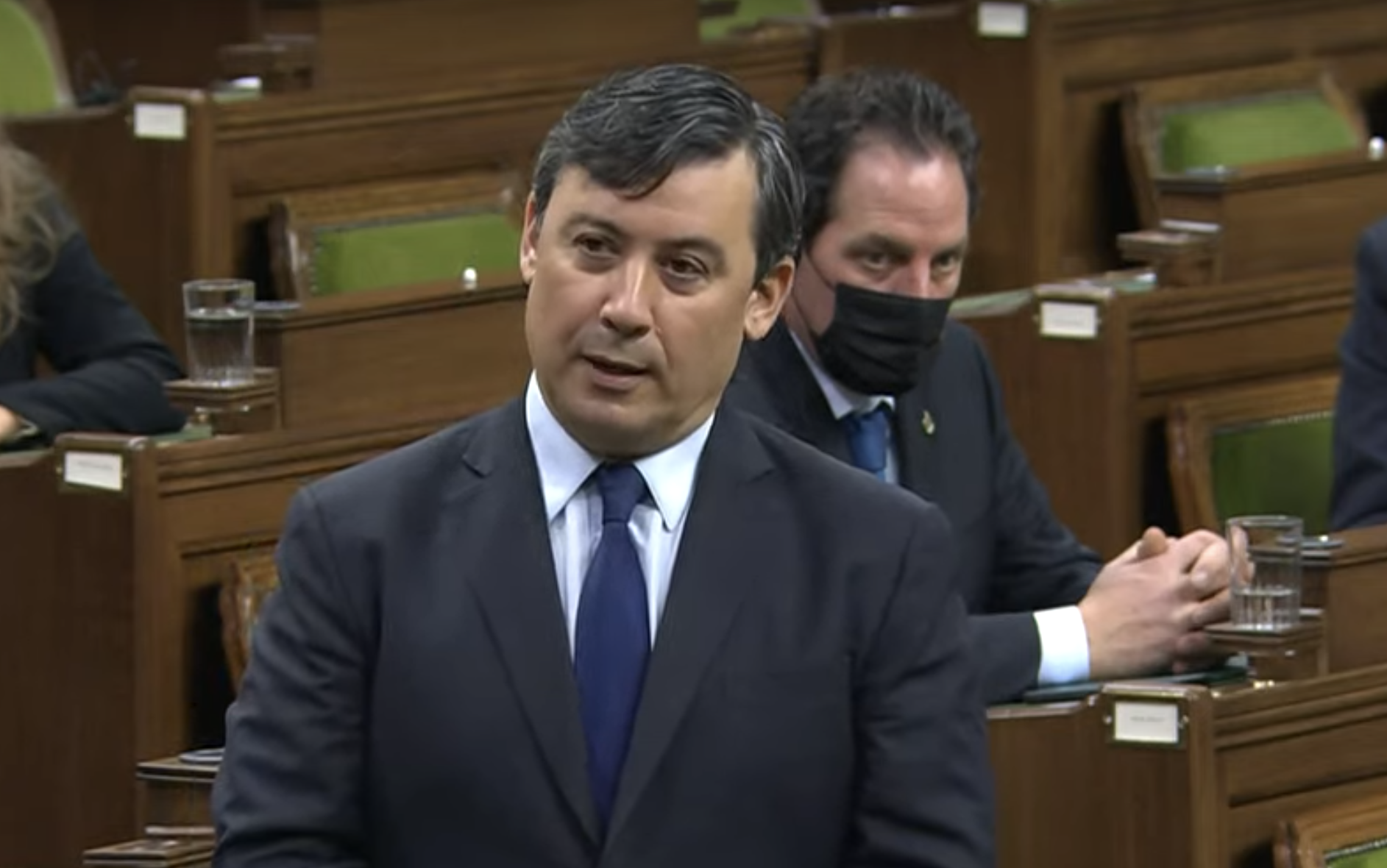OTTAWA – Top federal public health and intelligence officials are appearing after all before parliamentarians to answer questions on once-secret documents about security breaches at a Winnipeg infectious disease lab.
At the Special Committee on the Canada–People’s Republic of China Relationship, at least seven officials within public health, the Canadian Security Intelligence Service (CSIS), and two federal ministers will be asked questions about declassified documents detailing investigations that led to the firing of two scientists from the Winnipeg National Microbiology Laboratory.
In 2020, infectious-disease scientists Xiangguo Qiu and husband Keding Cheng, both Public Health Agency of Canada (PHAC) employees at the time, had their security clearances revoked. They were later fired in 2021.
The government stayed mostly mum over the years on what exactly happened at the Winnipeg lab, which is rated to handle the most lethal pathogens.
Orders were made in committee and in the House for unredacted documents about the security breaches to be provided, but PHAC and the government refused.
A non-partisan committee with four MPs, overseen by three former judges, was finally formed in 2023 to comb over what to make public in government documents.
Conservative foreign affairs critic and Wellington-Halton Hills MP Michael Chong motioned in March for a House of Commons information access, privacy and ethics committee to examine how information and intelligence flows through government, and why government documents provided to parliamentarians about the firing of the scientists were “over-classified.”
Chong’s motion never made it to a vote at the time.
Liberal member Iqra Khalid accused the Conservatives of playing “political games.” NDP member Michael Green told the Advertiser the committee was the wrong place.
Liberal and NDP members “delayed the hearings on the Winnipeg lab breaches” Chong told the Advertiser by phone, and he scoffed at the idea that the access to information, privacy and ethics committee was the wrong venue.
One of the fundamental problems, in addition to national security breaches, Chong said, is access to information — one of that committee’s mandates.
The local MP brought a new motion before the Canada-China committee on March 26, asking for a study of the Winnipeg lab documents, and obstacles to getting them in the first place.
There should have been a review “almost immediately” upon receiving the documents, he said in his pitch to the committee.
“Individuals invited in this matter obstructed and obfuscated and delayed the release of these documents … initially they told is that we couldn’t get the documents because of privacy concerns which was not true,” Chong said.
“When that didn’t work, they then resorted to hiding behind national security, which we now know was not a legitimate reason for withholding the documents.
“They then defied four orders of the House of Commons, including a summons to the bar for these documents.”
More than 600 pages were at last tabled in the House at the end of February, including secret-designated security and intelligence reports, investigation narratives, numerous email threads, logistics paperwork, and scripted responses to provide to questioning reporters.
They revealed that in 2018, the national security branch of PHAC began an investigation after receiving a tip about Qiu being named on a Chinese patent believed to contain scientific information belonging to Canada.
The RCMP opened a (still ongoing) investigation in 2019, and according to PHAC and CSIS investigations, Qiu and Cheng were found to have shared information with China, cultivated deep relationships within the government there, and met secretly with officials.
“We need to hear from these witnesses … it’s high time that we get answers on these matters,” Chong said on March 26.
At the meeting, another Liberal MP accused the Conservatives of turning the issue into a “political show” and he said the party would use a probe for “political posturing.”
Liberal MP Yasir Naqvi, who is not a Canada-China committee member, proposed several amendments to Chong’s motion, including the removal of:
- a legal summons component to compel witnesses to appear before the committee;
- Chong’s proposal to add an hour to the total time in weekly committee meetings to question witnesses;
- a clause that would make the probe a priority for the committee; and
- an option to bring in other witnesses not explicitly named in Chong’s motion.
Members spent a while arguing over the proposed changes, all of which the committee ultimately rejected.
Some minor amendments to the wording of the motion were agreed to.
“This will be a fascinating study,” committee chair and Liberal member Ken Hardie said.
Chong told the Advertiser the Liberals wanted to “water-down” hearings.
“I think that’s what all the amendments were intended to do,” Chong said.
“I’m glad to see they (Liberal and NDP members) finally relented and allowed a committee to hold hearings on these breaches.”
Chong said the committee’s support for his motion reflects public pressure to “hold the government accountable for these national security breaches to ensure these kinds of serious breaches won’t happen again in the future.”
The committee heard from federal health minister Mark Holland as well as officials from PHAC and CSIS earlier this week. More officials are expected to be heard from on April 12 and 15.
In a recent turn of events, Chong’s original motion at the information access, privacy and ethics committee was amended and passed in a 6-5 vote on April 9.
That means there will be two simultaneous studies into the Winnipeg lab documents, though witness lists differ slightly between the two.




